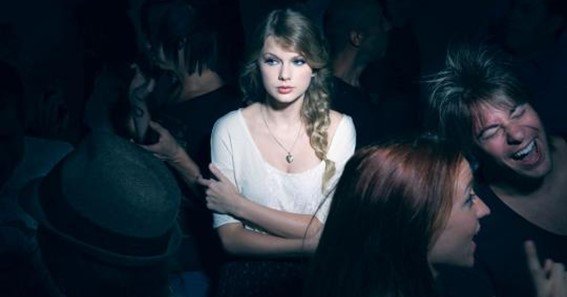Experiencing loneliness in a bustling environment is a common yet paradoxical feeling. Coupled with public intoxication, this state can have profound psychological and social consequences. Understanding these experiences is crucial for fostering mental well-being and social harmony.
The Phenomenon Of Feeling Alone In A Crowded Room
Loneliness amidst a crowd arises when individuals perceive a lack of meaningful connections, despite being surrounded by people. This sensation can stem from:
- Social Anxiety: Discomfort in social settings leading to feelings of isolation.
- Lack of Connection: Absence of shared interests or emotional bonds with those present.
- Personal Insecurities: Self-doubt hindering engagement with others.
Public Intoxication: Causes And Consequences
Public intoxication, or being drunk in public, often results from:
- Social Drinking: Consuming alcohol in social settings to alleviate anxiety or fit in.
- Coping Mechanism: Using alcohol to escape personal issues or emotional distress.
Consequences include:
- Legal Issues: Many jurisdictions have laws against public intoxication, leading to potential arrests or fines.
- Health Risks: Increased vulnerability to accidents, injuries, and alcohol poisoning.
- Social Stigma: Negative perceptions affecting personal and professional relationships.
Interconnection Between Loneliness And Public Intoxication
The interplay between feeling alone in a crowded room and public intoxication is significant:
- Alcohol as a Social Lubricant: Individuals may consume alcohol to ease social interactions, potentially leading to overconsumption.
- Exacerbation of Loneliness: Alcohol can impair judgment and social skills, deepening feelings of isolation.
- Cycle of Dependence: Repeated reliance on alcohol to cope with loneliness can lead to dependency and further social withdrawal.
Strategies For Addressing These Issues
- Seek Professional Help: Therapists can provide coping strategies for social anxiety and loneliness.
- Build Meaningful Connections: Engage in activities that align with personal interests to foster genuine relationships.
- Practice Mindfulness: Techniques like meditation can help manage negative emotions and reduce reliance on alcohol.
- Limit Alcohol Consumption: Be mindful of drinking habits and seek support if necessary.
Conclusion
Feeling alone in a crowded room and public intoxication are interconnected experiences that can adversely affect mental health and social well-being. Recognizing and addressing these issues through professional support and personal development is essential for fostering a healthier, more connected life.
FAQ
- Why do I feel lonely in social gatherings?
- This can result from social anxiety, lack of meaningful connections, or personal insecurities.
- How does alcohol affect social interactions?
- While it may temporarily ease anxiety, excessive consumption can impair judgment and social skills, leading to isolation.
- What are the legal implications of public intoxication?
- Many areas have laws against public intoxication, which can result in arrests or fines.
- Can loneliness lead to alcohol dependence?
- Yes, using alcohol to cope with loneliness can create a cycle of dependence and further social withdrawal.
- What steps can I take to overcome loneliness in social settings?
- Seeking professional help, building meaningful connections, practicing mindfulness, and limiting alcohol consumption are effective strategies.










